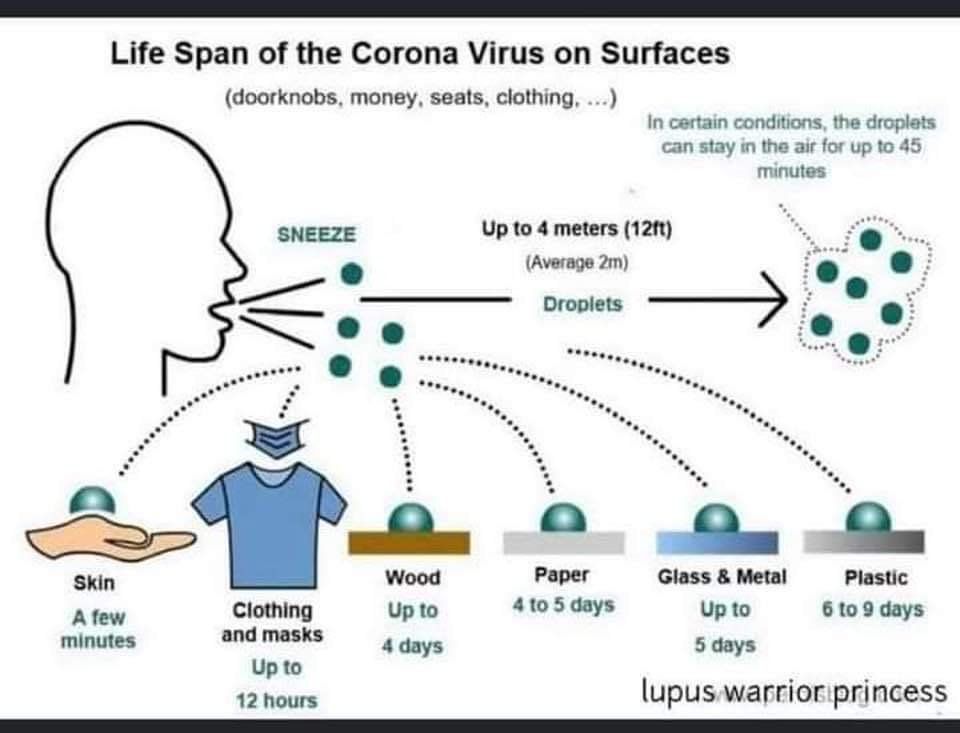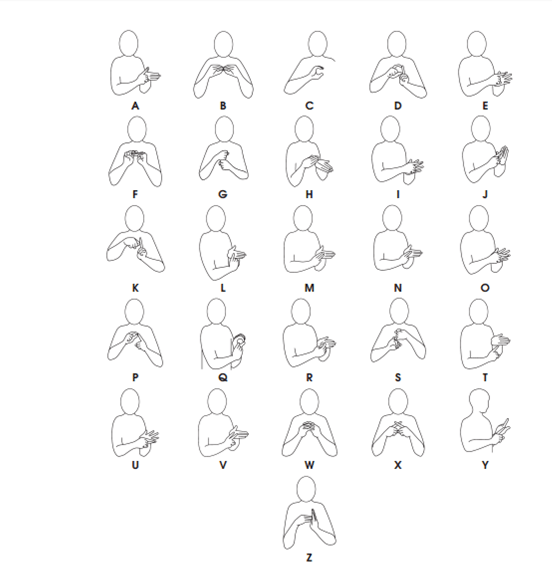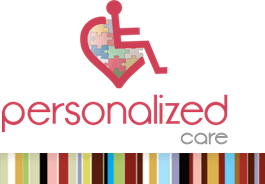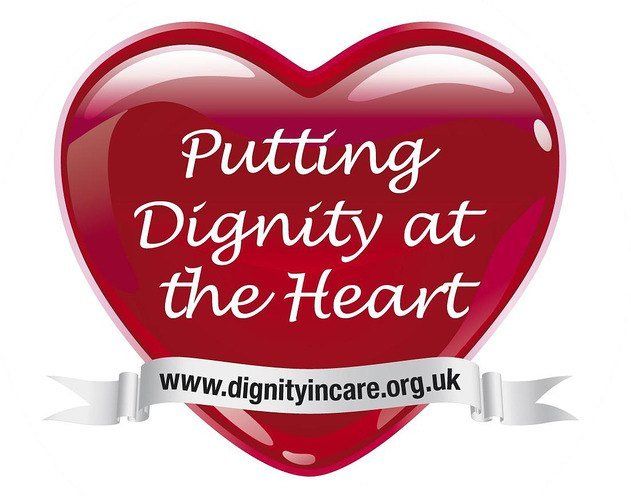
The wellbeing of our Service users and staff is our highest priority.
Although the number of people who have tested positive for coronavirus in the UK is increasing, we will always take our caring responsibilities extremely seriously. We are keeping fully up-to-date with official advice, making sure that all our staff understand and follow the very latest COVID-19 guidance for social or community care and residential settings.
“In the guidance PHE recommends that the best way to reduce any risk of infection is good hand and respiratory hygiene and avoiding direct or close contact (within 2 metres) with any potentially infected person. Our care and support staff always maintain high standards of hygiene and follow robust infection control guidelines, but given that we care for some of the most vulnerable people , during this outbreak we expect them to be extra vigilant about hand washing, coughs and sneezes, and keeping people homes clean, all staff Change their clothes once they arrive at the home.
principles everyone should be following include:
- Washing your hands often – with soap and water (or using alcohol sanitiser that contains at least 60% alcohol if hand washing facilities are not available) – this is particularly important after taking public transport
- Covering your cough or sneeze with a tissue, then throwing the tissue in a bin
- Employees washing their hands:
- before leaving home
- on arrival at work
- after using the toilet
- after breaks and sporting activities
- before food preparation
- before eating any food, including snacks
- before leaving work
- on arrival at home
- before and after any activity
- Avoiding touching your eyes, nose, and mouth with unwashed hands
- Cleaning and disinfecting frequently-touched objects and surfaces

The 10 Dignity Do’s
- Have a zero tolerance of all forms of abuse
- Support people with the same respect you would want for yourself or a member of your family
- Treat each person as an individual by offering a personalized service
- Enable people to maintain the maximum possible level of independence, choice and control
- Listen and support people to express their needs and wants
- Respect people’s right to privacy
- Ensure people feel able to complain without fear of retribution
- Engage with family members and carers as care partners
- Assist people to maintain confidence and positive self-esteem
- Act to alleviate people’s loneliness and isolation
Why I became a Dignity Champion
A Dignity Champion is someone who believes passionately that being treated with dignity is a basic human right, not an optional extra. We believe that care services must be compassionate, person centred, as well as efficient.
What does a Dignity Champion do?
Dignity Champions are those in a care organisation that champion the 10 Dignity Do’s and:
- Stand up and challenge disrespectful behaviour
- Act as role models by treating other people with respect, particularly those who are more vulnerable
- Raise issues regarding dignity to improve the way that services are organised and delivered
- Influence and inform colleagues on best practice
- Listen to and understand the views and experiences of those in care
So far over 100,000 people have signed up to be Dignity Champions, all pledging to challenge poor care, to act as good role models and, through specific guidelines issued by the campaign, to educate and inform all those working around them.

Makaton uses hand movement, eye contact, body language and facial expressions enabling people to fully comprehend the sign.
When conversing using Makaton signs and symbols, people are encouraged to also use speech at the same time in order to improve their communication skills.
Signs and gestures provide a visual reinforcement to what is being said. Some people with communication difficulties also have problems understanding , processing and remembering what is said to them. Signing and gesturing, as well as speaking, can provide the individual with additional clues which can help them to understand.
Makaton is extremely flexible as it can be personalized to an individual's needs and used at a level suitable for them
Makaton has been adapted for use in more than 40 countries, including Poland, Australia, Greece and Japan.
This is why we love Makaton -
" Helping people to communicate improves their quality of life. It improves their opportunities,
social life, friendships and independence."
Please see our facebook page and join us with our Makaton advent calendar.
https://www.facebook.com/personalizedcare/

For better or worse, anyone can write a blog post about anything they want. Everyone has a voice and the best voices will rise to the top.
The writer can show their personality:
In blog posts, the writer has more leeway to add in their voice and personality than other types of writing.
Blogs are a great form of mass communication:
You can help people, learn new things, entertain your audience—the possibilities are endless and amazing. Blogging opens up all of these to a very wide audience.
You can make money:
Get the right blog going and you can make a lot of money through advertising and sponsored posts.
It allows people to craft better thoughts:
Instead of reading haphazard, uneducated Facebook statuses, it’s much better to see people’s thought process in a well-written blog post.
You can establish a community:
Blogging allows you to connect with other individuals who share the same interests. Sharing ideas and opinions within your community helps establish yourself as a thought leader.
Good for SEO:
Keeping content on your site fresh and relevant, you can use your blog to boost the search engine ranking (SEO) of your site and your business.
It brings people back to your site:
If your blog is strong enough and updated regularly, people will come back looking for more and bring traffic back to your site as well.
It’s free:
It costs you a grand total of zero dollars to post to the blog, so if you have something to say, there’s nothing to stop you.
You can establish yourself as a thought leader:
A blog is a great place for your original thoughts, and it can be a wonderful way to show off your individuality. If people like your ideas, you can become a thought leader in your industry!
What else do you love about blogs? Let me know!






